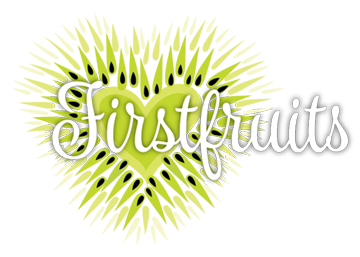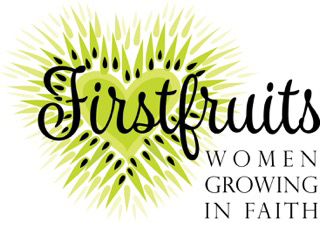
Brokenness
The last two weeks we have talked about the very good news of our status as the Beloved of God, the truth of our core identity. What could be better than that?
The truth of that statement, if we can really believe it, should set us free. Free from a lot of the chains that bind us. Things like low self-esteem, feelings of worthlessness, doubts about our purpose, loneliness, and rejection. The list could go on and on.
On top of knowing we are the Beloved, we are also to wrap our brains around the truths that we are Chosen of God and Blessed. That is the what the life of the Beloved consists of according to Henri Nouwen’s book The Life of the Beloved. It’s all so wonderful.
My practical, cynical side says it just seems too good to be true, to simple, too wonderful. There must be a catch.
This week we deal with the catch.
Nouwen tells us that the third truth of the Beloved is the hardest and the least talked about. That is our brokenness. And we are all broken. If you think you aren’t, think again. For some it’s just harder to see.
We often associate brokenness with people who are physically or mentally challenged but the brokenness that Nouwen says is more common is a brokenness of the heart.
But who wants to talk about how broken they are? Our brokenness is very intimate and personal. Who wants to go belly up and say out loud that they are addicted to controlling people and situations. Who wants to yell it from the rooftop that they are overwhelmed daily with fears and anxiety. Who makes a point of letting their co-workers know the depth of their sadness?
We don the coat of denial and keep on smiling. We might find temporary relief in the mall, on the golf course, with our secret stash of Oreos, or maybe in the liquor cabinet. But it never goes away, it just hides for awhile.
Nouwen says there are two healthy ways to respond to our brokenness.
The first is to befriend it. Our natural instinct is to deny, avoid, and ignore our brokenness. We need to face it squarely as a natural part of the life of the Beloved.
In order to do that, we need to find people we can be broken with. Just as we talked last week about the need to surround ourselves with people who will bless us, we need to find people who we are comfortable enough with to share our brokenness.
Nouwen says that “Human suffering need not be an obstacle to the joy and peace that we desire. It can become the means to it.” Which brings us to the second way to respond to our brokenness and that is to put it under the Blessing category. We need to look at our brokenness as a blessing in disguise.
That sadness can become the gateway to the solitude needed to hear the still, small voice of God. That fear and anxiety might be the pathway to full surrender and trust in the God that is waiting to give you rest. That pathological need for control might become the avenue through which you finally learn to let go.
Our brokenness becomes a way to new life. A better life. The life God has been waiting to give his Beloved.
Joan
No Comments
Sorry, the comment form is closed at this time.



